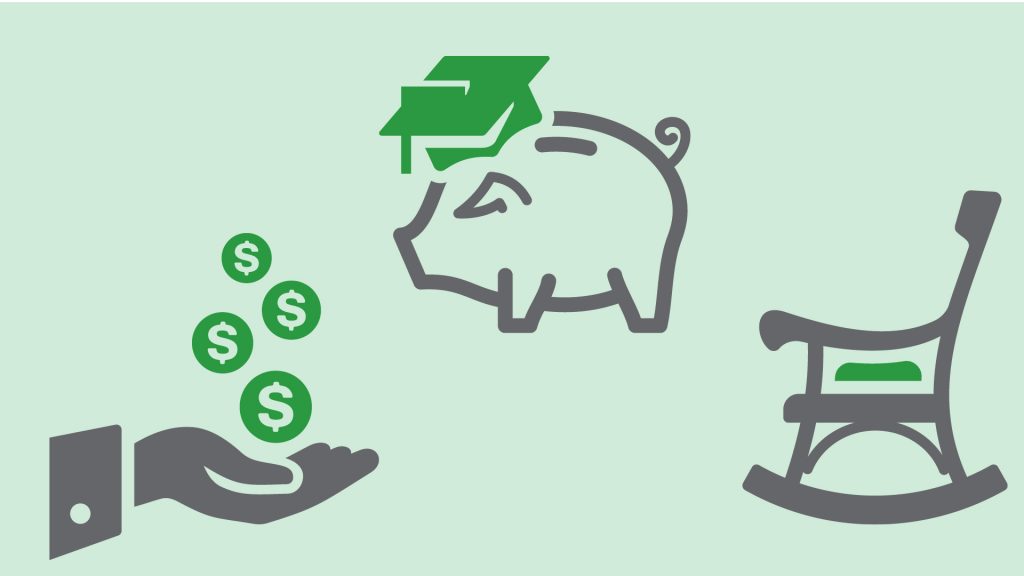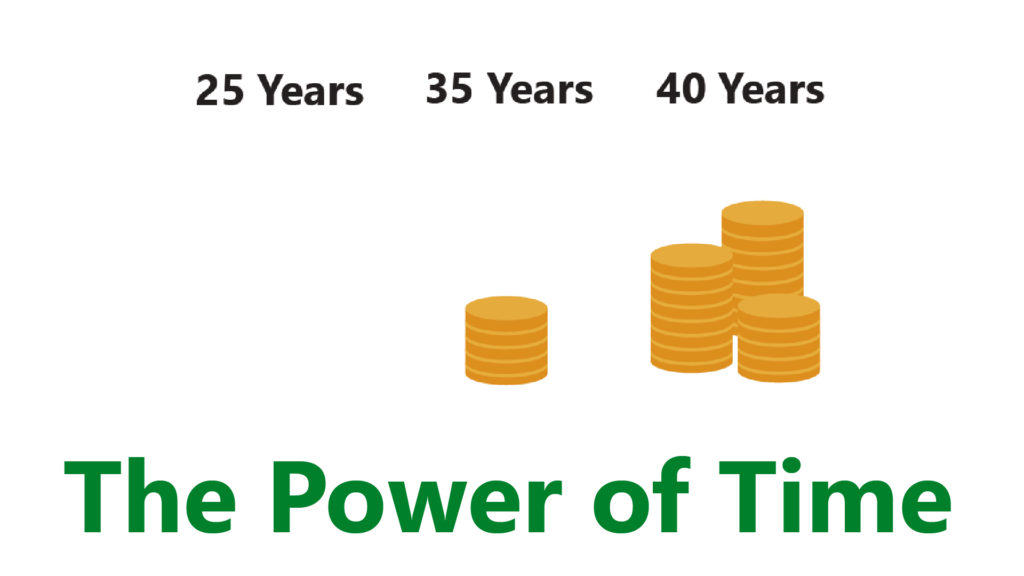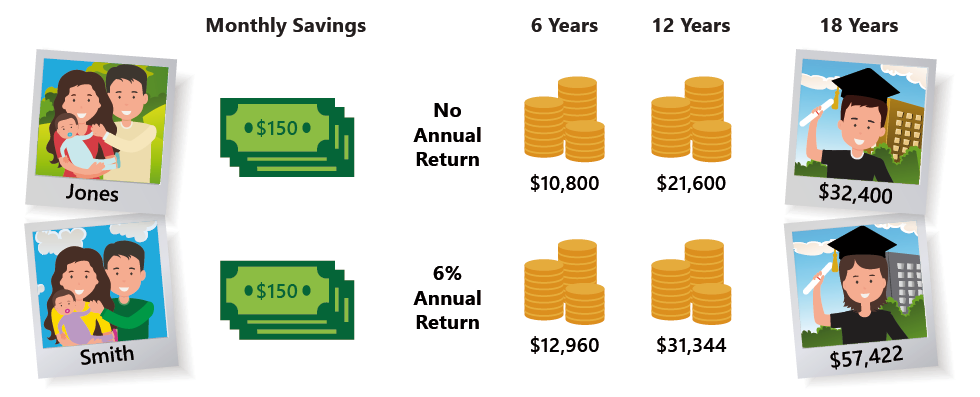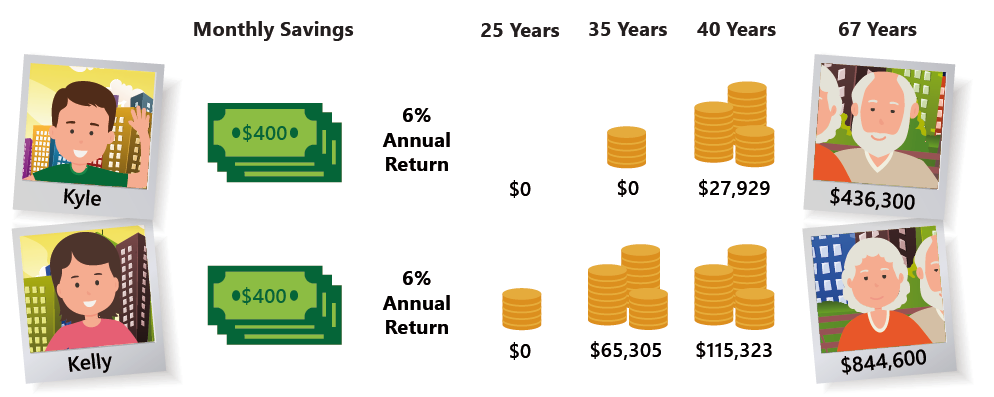
If you are an active or retired United States military service member, you can likely get help buying or refinancing a home. The Department of Veteran Affairs (VA) Loan helps current and former military members get better mortgage terms than you would with a private lender loan.
Eligibility Requirements for VA Home Loans
You may be eligible for a VA-backed purchase loan if the following three requirements listed below:
• Qualify for a VA-backed home loan Certificate of Eligibility (COE). Your COE is based on your service history and duty status. If you are currently active, you will need to show you served for 90 continuous days during wartime or 181 days during peacetime. If you are a veteran, your eligibility will depend on when you served, for how long and under what circumstances you exited the military. Click here for a full list of COE requirements for veterans. You are not required to have your COE to apply for a VA loan. Most lenders are able to pull your COE through the VA’s automated system.
• Meet the VA—and your lender’s—standards for credit, income and other requirements. A VA Loan is the only loan that does not require student loans deferred over one year to be included in the debt–to-income ratio, which is used by lenders to determine how much you can afford to borrow.
• You will live in the home you are buying with the loan. The VA developed occupancy requirements to ensure that VA loans are for primary residences only. Second homes and investments properties do not qualify for a VA loan. Homebuyers have 60 days to occupy the home after the loan closes, but the VA can extend this limit if you are on active duty or preparing to separate from service. A spouse or dependent child of an active service member also satisfies the occupancy requirement.
VA Loan Benefits
• 100% Financing – The VA guarantees this loan, potentially allowing you to finance the entire purchase price of the home. Nearly all conventional and FHA loans require the loan-to-value to be below 100%.
• No Monthly Mortgage Insurance Costs – Most loans with less than a 20% down payment require you to pay for monthly mortgage insurance. While there is no monthly mortgage insurance, there is a one-time funding fee, based on your eligibility and down payment. You may also be exempt from the funding fee – talk to a lender to find out.
• You Can Have Two VA Home Loans at a Time – VA does allow you to purchase another home if you are choosing to move prior to selling your current VA-financed home. It depends on how much entitlement you have left from the previous purchase and the loan limits in the area where you are buying your new home.
RCB Bank is proud to offer a VA loan benefit to our active duty service members and veterans. We can help you determine your eligibility and qualifications. We will walk you through the process from start to finish. Lenders at RCB Bank are happy to help answer questions even if you are not a customer. Give us a call or visit our online Mortgage Center.
Sources
Eligibility Requirements For VA Home Loan Programs | Veterans Affairs
Chapter 6 Home Loan Guaranty – Office of Public and Intergovernmental Affairs (va.gov)
Opinions expressed above are the personal opinions of RCB Bank personnel and meant for generic illustration purposes only. For specific questions regarding your personal lending needs, please call RCB Bank at 855-BANK-RCB. With approved credit. Some restrictions apply. RCB Bank is an Equal Housing Lender and member FDIC. RCB Bank NMLS #798151.



































